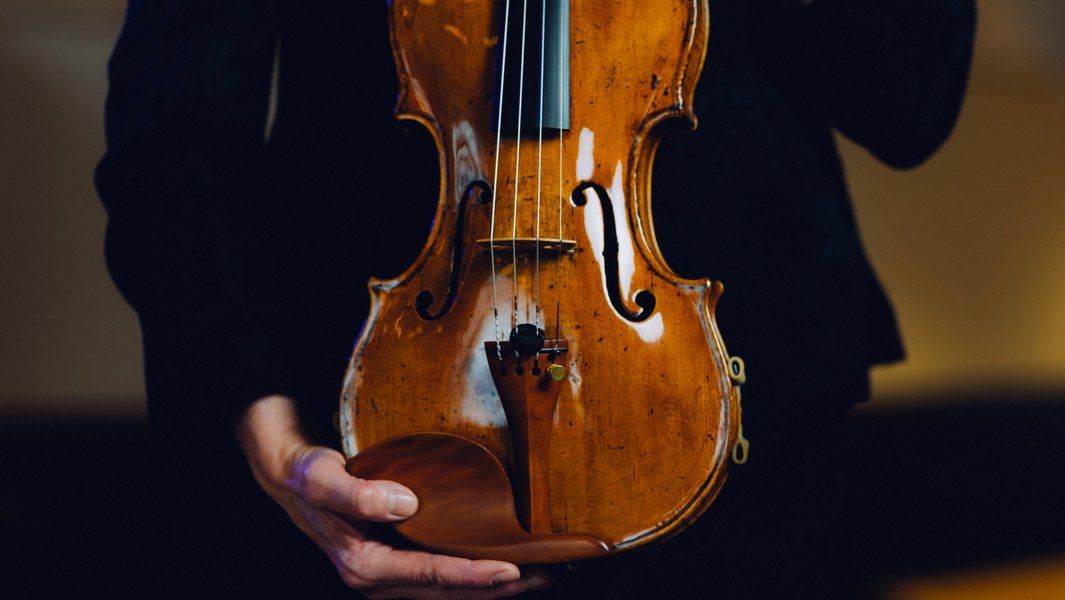
NDR Kammerkonzert
In the 1820s, Berlin was gradually catching up with the important music capitals of Europe – and it was above all a well-connected family that was particularly to thank for its upswing and reputation. On Sunday afternoons between 14:00 and 16:00, people gathered every two weeks for the Mendelssohns’ »Sunday Music«, a concert series that soon enjoyed a legendary reputation. The octet by the sixteen-year-old Felix Mendelssohn Bartholdy was one of the works premiered during these Sunday concerts. It can not only be considered one of the greatest masterpieces of all chamber music, but also a »testimony and symbol of radiant youth« (Eric Werner) and a sign of Berlin’s aspirations in the era of idealism.
Just as Mendelssohn’s composition can stand for a new, humanistically influenced Berlin, Enescu’s work – also the work of a highly gifted young man – does the same for Paris. Even the basic idea of this octet is »Parisian«: the traditional four movements of the late Romantic cyclical form – main movement, scherzo, adagio and finale – are thematically interlocked in such a way that a single monumental structure is created. As in the prototypes of this »multi-movement in single-movement form«, such as César Franck’s piano quintet, Enescu also inserts his main theme in a motto-like leitmotif between all the sub-movements. The moments of thematic recurrence function as poetic turning points in the form.
PERFORMERS
Mitglieder des NDR Elbphilharmonie Orchesters ensemble
PROGRAM
George Enescu
Oktett für Streicher C-Dur op. 7
Felix Mendelssohn Bartholdy
Streichoktett Es-Dur op. 20
